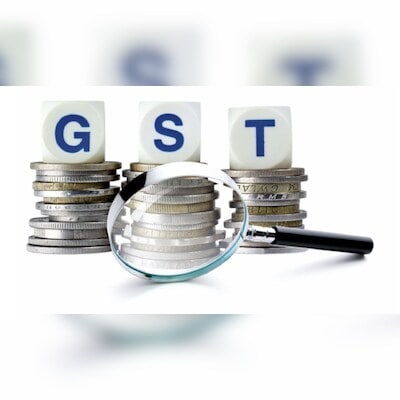GST field officers will now have to seek the approval of their zonal principal chief commissioners to initiate an investigation against any big industrial houses or major MNCs and levy duty on goods/services for the first time.
The Central Board of Indirect Taxes and Customs (CBIC) has issued guidelines for Central GST (CGST) officers.
Click Here to read detailed Instruction
According to the guidelines, when a taxpayer is simultaneously being investigated by the state GST and DGGI officers on different subject matters, the principal commissioner will “consider the feasibility” of only one of the offices pursuing all the cases with respect to the taxpayer.
The guidelines have also set a deadline for tax officers to conclude an investigation within one year of their initiation.
CBIC further said that in initiating an investigation with respect to a listed company or PSU or seeking details from them, the CGST officers should issue “official letters instead of summons” to the designated officer of the entity, detailing the reasons for investigation and seeking submission of documents within a “reasonable time period”.
“In such a letter issued for seeking information/documents from the regular taxpayer, the reference can be to inquiry “with respect to” or “in connection with” that entity. Further, the letter/summons should disclose the specific nature of the inquiry being initiated/undertaken. The vague (or general) expressions such as that the officer is making inquiry in connection with “GST enquiry” or “evasion of GST” or “GST evasion” etc. must not be mentioned,” CBIC said.
It further said tax officers should not seek that information from the taxpayer, which is already available online on the GST portal.
“Addressing letter/summons with context or content akin to a fishing inquiry is not acceptable,” CBIC noted.
The guidelines also said that each investigation must be initiated only after the approval of the principal commissioner, except in the specified four categories where the prior written approval of the zonal Principal Chief Commissioner shall be required if the investigation is to be initiated and action to be taken in a case.
These four cases include matters of interpretation seeking to levy tax/duty on any sector/commodity/service for the first time; big industrial houses and major multinational corporations; sensitive matters or matters with national implications; or matters which are already before the GST Council.
In all these four categories of cases, the concerned CGST field formation should also collect details regarding the prevalent trade practices and nature of transactions carried out by the stakeholders.
“The implications/impact of such matter should be studied so as to have adequate justification for initiating investigation and taking action,” the guidelines said.
It also said that in a situation where it comes to the Commissionerate’s notice that either the DGGI or the state GST department is also simultaneously undertaking record-based investigation of the same taxpayer on different subject matters, the Principal Commissioner must engage in dialogue with the other investigating offices to consider the feasibility of only one of the offices pursuing all these subject matters with respect to the taxpayer, and the other offices consolidating their material with that office.
“If this outcome is not feasible, the reasons therefore should be confirmed on file by the Principal Commissioner,” the guidelines added.
An investigation initiated must reach the earliest conclusion, which is not more than one year. It is not necessary to keep an investigation pending till limitation in law approaches, it said.
Show cause notice should not be delayed after the conclusion of the investigation. The closure report consequent to the appropriate payment of government dues by the person concerned should also not be delayed and should have a brief self-explanatory narration of the issue and the period involved, as per the guidelines.
“Conclusion of investigation may also take the form of recording that investigation is not being pursued further as nothing objectionable was found in terms of the matter investigated,” it added.
These instructions are a significant step towards fostering a tax environment that is conducive to business growth while ensuring compliance and fairness in the taxation system.
The implementation will be key to its success, and if followed, it could contribute towards tax certainty and stability in our country’s business landscape.
Visit www.cagurujiclasses.com for practical courses
Check out on Amazon:
📖Products I Use for Videos and for my office: https://amzn.to/3JEVbcj
📚Income Tax Books: https://amzn.to/3qI3lK9
📚GST Books: https://amzn.to/43XmdmA











